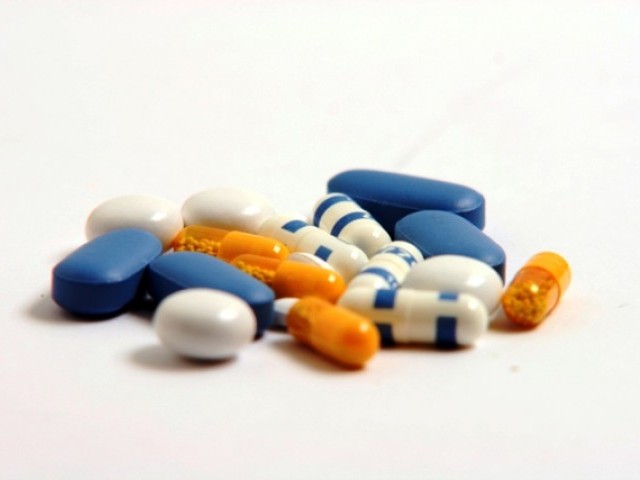In the realm of addiction treatment, medical detoxification is a critical first step towards recovery. It involves the use of medications to manage withdrawal symptoms, ensuring a safer and more comfortable transition for individuals overcoming substance abuse. This article delves into the nuanced world of medical detox, shedding light on the pivotal role medications play in this process.
The Importance of Medical Detox
Medical detox serves as the initial phase of addiction treatment, helping individuals rid their bodies of harmful substances. It is a medically supervised process designed to manage the physical and psychological effects of withdrawal. Withdrawal symptoms can range from mild discomfort to severe complications, depending on the substance and the individual’s history of use.
The primary goal of medical detox is to ensure a safe and controlled withdrawal, minimizing the risks associated with abrupt cessation of substance intake. This phase sets the stage for ongoing addiction treatment, addressing the physiological aspects of addiction before tackling the psychological components.
Medications in Medical Detox
The use of medications in medical detox is a strategic approach aimed at alleviating withdrawal symptoms and preventing potential complications. Different substances require distinct medication protocols, and the choice of medications depends on factors such as the type of substance, the severity of addiction, and the individual’s overall health.
1. Opioid Detoxification
Opioid withdrawal can be challenging, often accompanied by intense cravings and physical discomfort. Medications like methadone, buprenorphine, and naltrexone are commonly used to manage opioid withdrawal symptoms. These medications help reduce cravings, alleviate physical distress, and support individuals in transitioning to a drug-free state.
2. Alcohol Detoxification
Alcohol withdrawal can be particularly dangerous, with severe cases leading to delirium tremens and other life-threatening complications. Medications such as benzodiazepines may be administered to manage alcohol withdrawal symptoms and prevent seizures. Medical supervision is crucial during alcohol detox to monitor vital signs and ensure the safety of the individual.
3. Benzodiazepine Detoxification
Benzodiazepine withdrawal can be challenging due to the risk of seizures and heightened anxiety. Tapering protocols, gradual dose reduction, and the use of other medications, such as anticonvulsants, may be employed to facilitate a safer withdrawal process. Close monitoring is essential to address any emergent issues promptly.

Individualized Treatment Plans
One key aspect of medical detox is the customization of treatment plans based on the individual’s unique needs and circumstances. Healthcare professionals assess the severity of addiction, the presence of co-occurring disorders, and the overall health of the individual to tailor medication regimens accordingly. This personalized approach enhances the effectiveness of medical detox and sets the stage for a successful recovery journey.
The Role of Counseling and Support
While medications play a crucial role in managing withdrawal symptoms, they are just one component of a comprehensive treatment plan. Counseling, therapy, and peer support also contribute significantly to the recovery process. Addressing the psychological aspects of addiction is essential for long-term success, and medical detox serves as a foundation for these therapeutic interventions.
Conclusion
Understanding the role of medications in medical detox is integral to appreciating the complexity of addiction treatment. Medical detox is not a one-size-fits-all approach; it requires careful consideration of individual factors to ensure the safety and efficacy of the process. By combining medications with counseling and support, individuals can embark on a path to recovery with a solid foundation for sustained well-being. For more insights and further information about understanding medical detox, be sure to visit their page to learn more.








